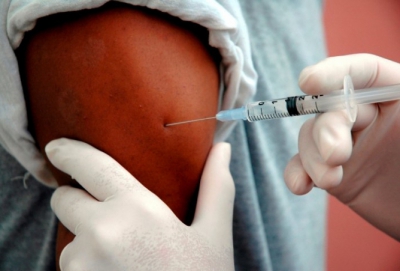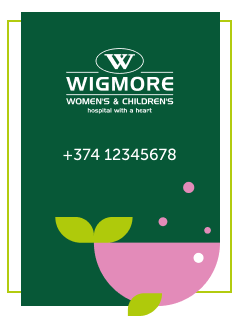The human hand harbours more harmful bacteria than public surfaces, a new study has found.
Researchers found the average pair of human hands is more unhygienic than escalators and benches in busy shopping centres and parks.
Yet only one in eight people always wash their hands before eating, the study shows.
Swabs taken from dirty looking surfaces in St Albans city centre and Luton Town Mall revealed a surprising lack of harmful bugs.
From escalator handrails to park benches, the most bacteria ridden swabs were still hundreds of times cleaner than the average pair of hands.
It means hands are far more likely to make us unwell than the apparently filthy surfaces in and around cafes and fast food restaurants we try to avoid.
Laboratory tests on 25 samples from tables, benches, escalator handrails, high chairs and children’s ride-on toys which looked stained, dirty and worn found hardly any harmful bacteria including staphylococcus, E.coli and enterobacteriaceae, which has been linked to deaths.
The reading was so low that the bacteria were either not present or were but only in tiny quantities, in most cases fewer than 10 per square cm.
The overall quantity was relatively low with 33,000 the worst example, a wooden public bench.
Meanwhile, the average person carries more than 10 million bacteria on the hands alone and a University of Arizona study found a typical kitchen sponge will contain several million.
Meanwhile, a parallel survey found 92 per cent would avoid dirty looking tables and seats, citing health as the primary concern.
By contrast, just 13 per cent would avoid eating unless they had washed or cleansed their hands.
Two years ago a UK study found faecal germs are present on 26 per cent of hands.
The UN estimates hand washing alone could save more than a million lives a year from diarrhoeal diseases and prevent respiratory infections.
Bola Lafe, founder of water sanitisers Aquaint, which commissioned the research, said: 'This study highlights the fact people avoid what they believe will make them unwell.
'In fact, we need to narrow the lens when it comes to spotting potential risks to health.
'Our hands operate a highly effective public transport network for bacteria and viruses. During the course of a day, we all touch hundreds of surfaces and have varying attitudes to hand washing.
'This is totally out of our control so rather than just avoiding certain areas, good hand hygiene should be the top priority.
'Our hands are in frequent contact with our mouths or with items that we put in our mouths, making them the fastest route to illness.'
He added: 'A dirty table is not pleasant but neither is it dangerous by default.
'By contrast, a gleaming shiny table could well be harbouring high levels of potentially dangerous bacteria. The lesson is unless you have cleaned your hands as well as the surface, it is a lottery.'
A second study, conducted by Initial Washroom Hygiene, found almost a quarter of people out on their lunch break were carrying potentially elevated levels of bacteria on their hands.
Around 300 people's hands, handbags, mobile phones and other personal items were swabbed at an event in central London.
Researchers found 56 of the 234 people who offered their hands for testing were carrying potentially high levels of bacteria, which could indicate a high risk of cross-contamination.
'Good practice advises that members of the public should wash their hands approximately every four hours.'

















